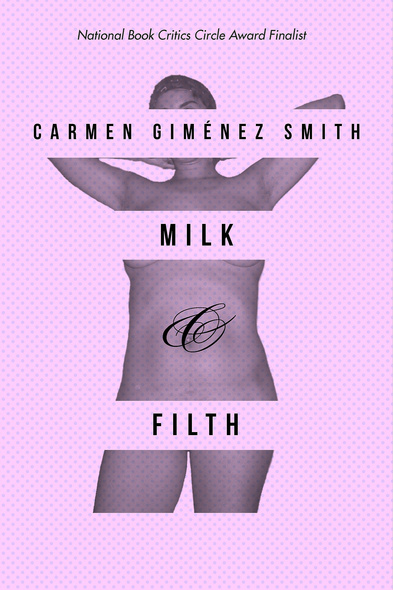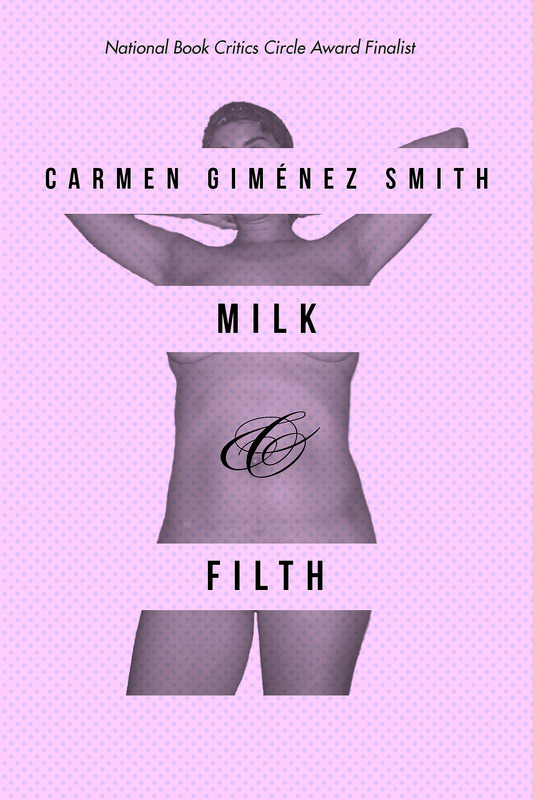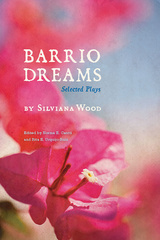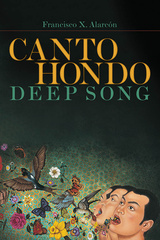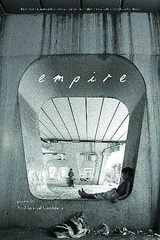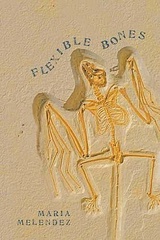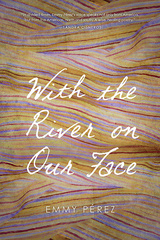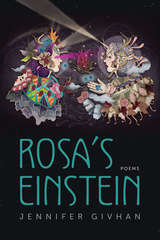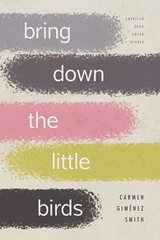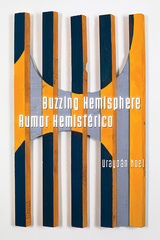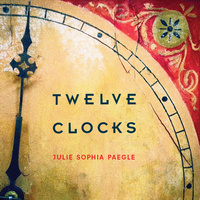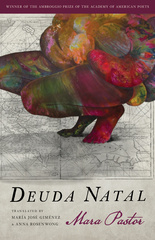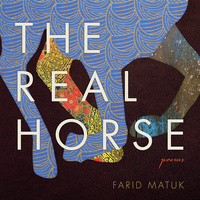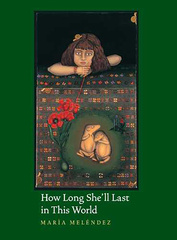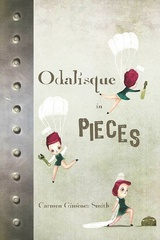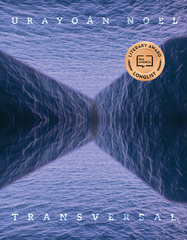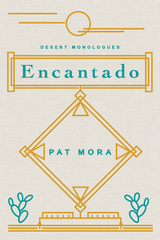National Book Critics Circle Award Finalist
Adding to the Latina tradition, Carmen Giménez Smith, politically aware and feminist-oriented, focuses on general cultural references rather than a sentimental personal narrative. She speaks of sexual politics and family in a fierce, determined tone voracious in its opinions about freedom and responsibility.
The author engages in mythology and art history, musically wooing the reader with texture and voice. As she references such disparate cultural figures as filmmaker Lars Von Trier, Annie from the film Annie Get Your Gun, Nabokov’s Lolita, Facebook entries and Greek gods, they appear as part of the poet’s cultural critique.
Phrases such as “the caustic domain of urchins” and “the gelatin shiver of tea’s surface” take the poems from lyrical images to comic humor to angry, intense commentary. On writing about “downgrading into human,” she says, “Then what? Amorality, osteoporosis and not even a marble estuary for the ages.”
Giménez Smith’s poetic arsenal includes rapier-sharp wordplay mixed with humor, at times self-deprecating, at others an ironic comment on the postmodern world, all interwoven with imaginative language of unexpected force and surreal beauty. Revealing a long view of gender issues and civil rights, the author presents a clever, comic perspective. Her poems take the reader to unusual places as she uses rhythm, images, and emotion to reveal the narrator’s personality. Deftly blending a variety of tones and styles, Giménez Smith’s poems offer a daring and evocative look at deep cultural issues.
Adding to the Latina tradition, Carmen Giménez Smith, politically aware and feminist-oriented, focuses on general cultural references rather than a sentimental personal narrative. She speaks of sexual politics and family in a fierce, determined tone voracious in its opinions about freedom and responsibility.
The author engages in mythology and art history, musically wooing the reader with texture and voice. As she references such disparate cultural figures as filmmaker Lars Von Trier, Annie from the film Annie Get Your Gun, Nabokov’s Lolita, Facebook entries and Greek gods, they appear as part of the poet’s cultural critique.
Phrases such as “the caustic domain of urchins” and “the gelatin shiver of tea’s surface” take the poems from lyrical images to comic humor to angry, intense commentary. On writing about “downgrading into human,” she says, “Then what? Amorality, osteoporosis and not even a marble estuary for the ages.”
Giménez Smith’s poetic arsenal includes rapier-sharp wordplay mixed with humor, at times self-deprecating, at others an ironic comment on the postmodern world, all interwoven with imaginative language of unexpected force and surreal beauty. Revealing a long view of gender issues and civil rights, the author presents a clever, comic perspective. Her poems take the reader to unusual places as she uses rhythm, images, and emotion to reveal the narrator’s personality. Deftly blending a variety of tones and styles, Giménez Smith’s poems offer a daring and evocative look at deep cultural issues.
Giménez Smith generously deploys physical—often violent—imagery to challenge classist, consumerist, and socially polite forms of feminism.’—Publishers Weekly
‘A sharp, feminist manifesto by way of poetry collection.’—The Nation
‘Allusive, metaphorical, and nimble in tone and register, Milk and Filth is aesthetically alive.’—Rain Taxi Review of Books
‘Giménez Smith is full of words—luscious, scabby, furious manifestos of self and culture.’—Raven Chronicles
‘Carmen Giménez Smith’s Milk and Filth executes a benthic post-survival strategy wherein clawed, unlikely armaments unfurl from the tiniest coil of the conch. Here chimney-slim lyrics emit a scowl, a shiv, and a shriek while intricate tidal armies raise hot anthemic banners. Let us be as exclamation points to this puce-vermillion self-announcement!’—Joyelle McSweeney, author of Flet
‘From first read to multiple return, these poems root into the reader’s own received cultural codes to challenge conventions of gender, culture, and chronology as reckoned by bodily human aging, the evolution of the literary canon, and the changing faces of an ineffable femininity.’—Julia Sophia Paegle, author of torch song tango choir
‘This book surprised me. I thought I was sitting down to read some more somewhat confessional and yet somewhat abstracted poems about life in the first world. And then I realized I was reading a scathing critique of the niceties of this tradition that was drawing from second wave feminists, such as Ana Mendieta and Valerie Solanas. (‘Part-Cesaire, part-Solanas, part blood-sweat-and-tears.’) The devil here just might be feminism, the devil we all need. And with this devil Carmen Giménez Smith charts out a heritage, a resistance, a possibility, a poetry that troubles and tempts.’—Juliana Spahr, author of The Transformation
‘Rabble-rouse, translator, good witch, Carmen Giménez Smith is an alchemist of disparate ingredients mixing the canonical and folkloric as well as high art and pop culture in poems that reference the Virgin of Guadalupe and the Wizard of Oz, Ana Mendietta and Joan Rivers. ‘I want my problems to be Wallace Stevens but they’re Anne Sexton,’ Giménez Smith writes. But her poems defy easy comparisons with their verbal dexterity, intellectual savvy, and fleshy insistence. In a stunning collection that combines fairy tale, autobiography, arspoetica, and manifesto, Giménez Smith asks women artists to question not only the fables told about us, but the ones we tell ourselves.’—Susan Briante, author of Utopia Minus
Carmen Giménez Smith is an assistant professor in the English department at New Mexico State University, editor-in-chief of the literary journal Puerto del Sol, and publisher of Noemi Press. She is the also the author of Bring Down the Little Birds and Odalisque in Pieces.
Happy Trigger
I. Gender Fables
II. Small Deaths
III. Becoming
Notes

